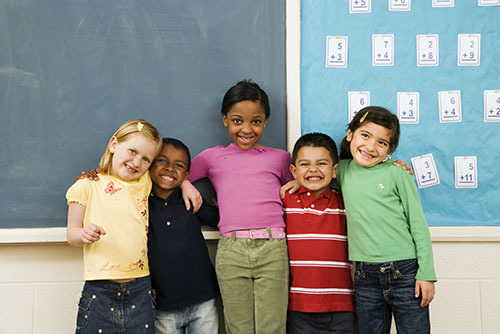
As you will learn from the insightful articles shared by our Top 12 Global Teacher team this month, global literacy starts with educators and parents being curious and interested in learning about the world around them and how it works. Only then can we begin to create truly dynamic educational responses for learning.
This month we posed this question to our teachers: What are the Best Ways for Teachers to Engage Their Classrooms in a Global Conversation?
Here are their answers:
Global literacy is not a “elección” or an add-on,” says Silvia Tolisano (langwitches); que es “part of BEING literate today.” The teacher must be “conectado” y “engaged.” Silvia shares a great list of ways to engage students in global conversations, including taking advantage of one’s own personal connections, utilizing digital tool and amplifying traditional ones. We also enjoyed her great ideas for global projects teachers can organize on their own. Leer más.
“Children and teens are communicating with people all over the world using skills that 99% of adults cannot comprehend,” says Todd Finley (finleyt). Todd introduces us to some of the young creators driving global conversations – “Take a look, it’s being livestreamed!” Leer más.
How is New Zealand Connecting Young Learners? Don’t miss Richard Wells’ (iPadWells) new book on NZ’s education system due out in 2016, but in the meantime check out his blog on global conversations and the national initiative, #KidsEdChat, which has introduced thousands of children from 5 and up “to a world of online connections and the learning and impact those connections bring about.” Leer más.
“Imagine only reading books from one bookshelf, when you have an entire library of great books to read.” Karen Lirenman (KLirenman) strongly believes that teachers should be involved in global conversations before they expect it of their students. So let Karen help you get started. Leer más.
“Spectacular global conversations materialize when students embrace diverse and sometimes, to American students at least, exotic paradigms.” Check out guest blogger James Sturtevant’s (jamessturtevant) terrific classroom projects that were “instrumental in fostering profound discourse this semester.” Leer más.
Craig Kemp (mrkempnz) students come from international backgrounds and, explains Craig, are living in a country that is not “home”. What makes learning “global” for his students? It’s all about engagement. So what are Craig’s top 5 ways for engaging students in a global conversation? Leer más.
Guest blogger Beth Holland (brholland) may have a New Year’s resolution idea for teachers – “Join a Twitter Chat, hop into a Google+ Community, or subscribe to a LinkedIn Group.” Get engaged in the global conversations, emphasizes Beth, who shares wonderful examples from all around the world. Leer más.
“We’re building the bridges today that tomorrow will walk across,” dice Vicki Davis(coolcatteacher), y “the best way to engage the classroom in a global conversation is to help the conversations become part of the classroom.” Check out Vicki’s “3 Simple Steps to Help Students Become a Global Citizen.” Leer más.
Tom Bennett (@ Tombennett71), Joe Bower (joe_bower), Susan Bowles (FloridaKteacher), Lisa Currie (RippleKindness), Vicki Davis, Todd Finley, Paulina Hawkins (PaulineDHawkins), Craig Kemp, Karen Lirenman, Adam Steiner (steineredtech), Silvia Tolisano and Richard Wells are La Búsqueda Global para la Educación 2014 Top 12 Global bloggers Maestro.
(Photo is courtesy of iofoto/ Shutterstock.com)
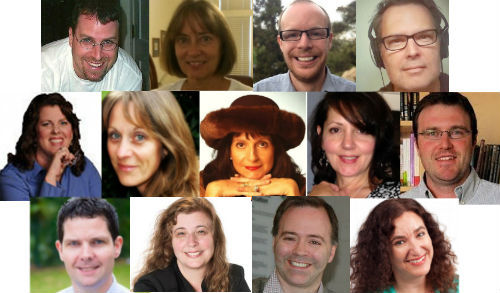

Únete a mí y reconocidos a nivel mundial los líderes de opinión, incluyendo a Sir Michael Barber (Reino Unido), DR. Michael Bloquear (EE.UU.), DR. Leon Botstein (EE.UU.), Profesor Clay Christensen (EE.UU.), DR. Linda Darling-Hammond (EE.UU.), DR. MadhavChavan (India), El profesor Michael Fullan (Canada), El profesor Howard Gardner (EE.UU.), El profesor Andy Hargreaves (EE.UU.), Profesor Yvonne Hellman (Países Bajos), Profesor Kristin Helstad (Noruega), Jean Hendrickson (EE.UU.), Profesor Rose Hipkins (Nueva Zelanda), Profesor Cornelia Hoogland (Canada), Honorable Jeff Johnson (Canada), Señora. Chantal Kaufmann (Bélgica), DR. EijaKauppinen (Finlandia), Secretario TapioKosunen Estado (Finlandia), Profesor Dominique Lafontaine (Bélgica), El profesor Hugh Lauder (Reino Unido), Señor Ken Macdonald (Reino Unido), Profesor Geoff Masters (Australia), Profesor Barry McGaw (Australia), Shiv Nadar (India), Profesor R. Natarajan (India), DR. PAK NG (Singapur), DR. Denise Papa (Estados Unidos), Sridhar Rajagopalan (India), DR. Diane Ravitch (EE.UU.), Richard Wilson Riley (EE.UU.), Sir Ken Robinson (Reino Unido), Profesor Pasi Sahlberg (Finlandia), El profesor Manabu Sato (Japón), Andreas Schleicher (PISA, OCDE), DR. Anthony Seldon (Reino Unido), DR. David Shaffer (EE.UU.), DR. Kirsten Immersive Are (Noruega), Canciller Stephen Spahn (EE.UU.), Yves Theze (LyceeFrancais EE.UU.), Profesor Charles Ungerleider (Canada), Profesor Tony Wagner (EE.UU.), Sir David Watson (Reino Unido), Profesor Dylan Wiliam (Reino Unido), DR. Marcos Wormald (Reino Unido), Profesor Theo Wubbels (Países Bajos), El profesor Michael Young (Reino Unido), y el profesor Zhang Minxuan (De China) a medida que exploran las cuestiones de educación cuadro grande que todas las naciones se enfrentan hoy.
La Búsqueda Global para la Educación Comunitaria Página
C. M. Rubin es el autor de dos ampliamente leído serie en línea por la que recibió un 2011 Premio Upton Sinclair, “La Búsqueda Global para la Educación” y “¿Cómo vamos a Leer?” Ella es también el autor de tres libros más vendidos, Incluido The Real Alice in Wonderland, es el editor de CMRubinWorld, y es una Fundación Disruptor Fellow.
Siga C. M. Rubin en Twitter: www.twitter.com/@cmrubinworld

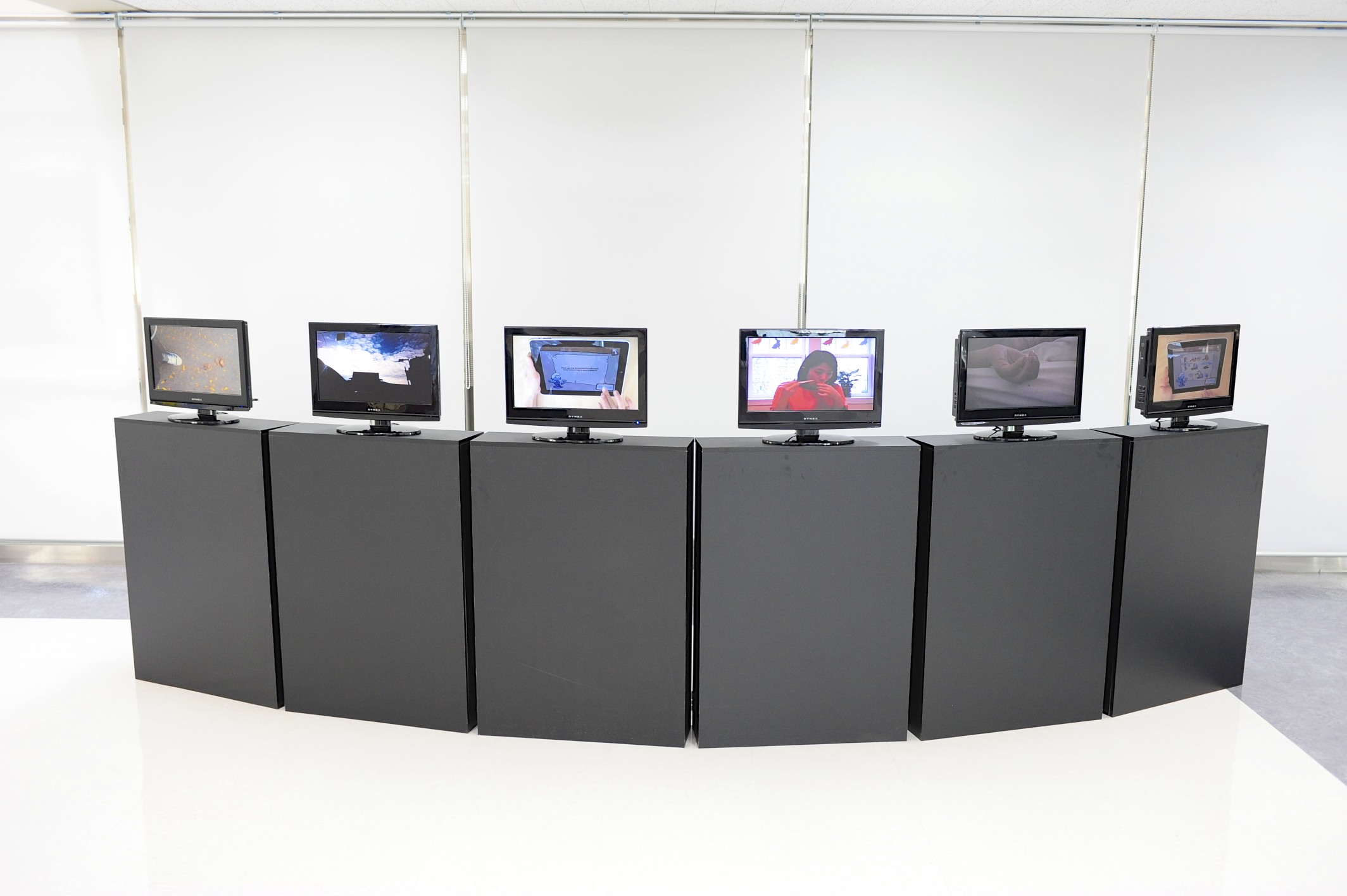

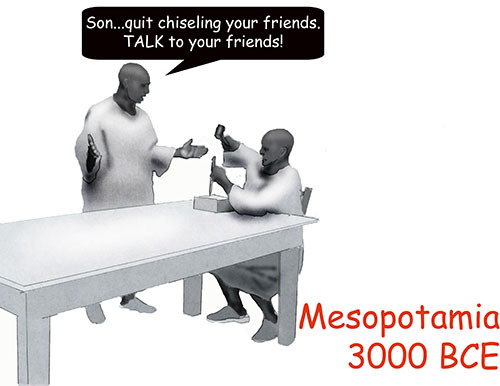
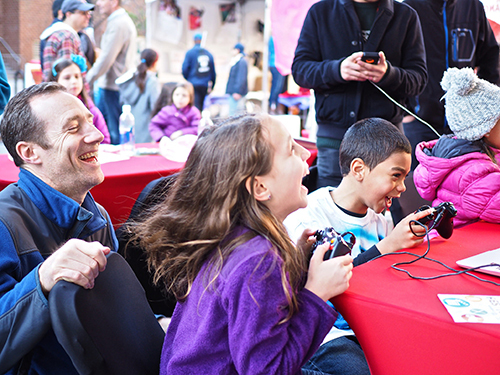
Comentarios recientes